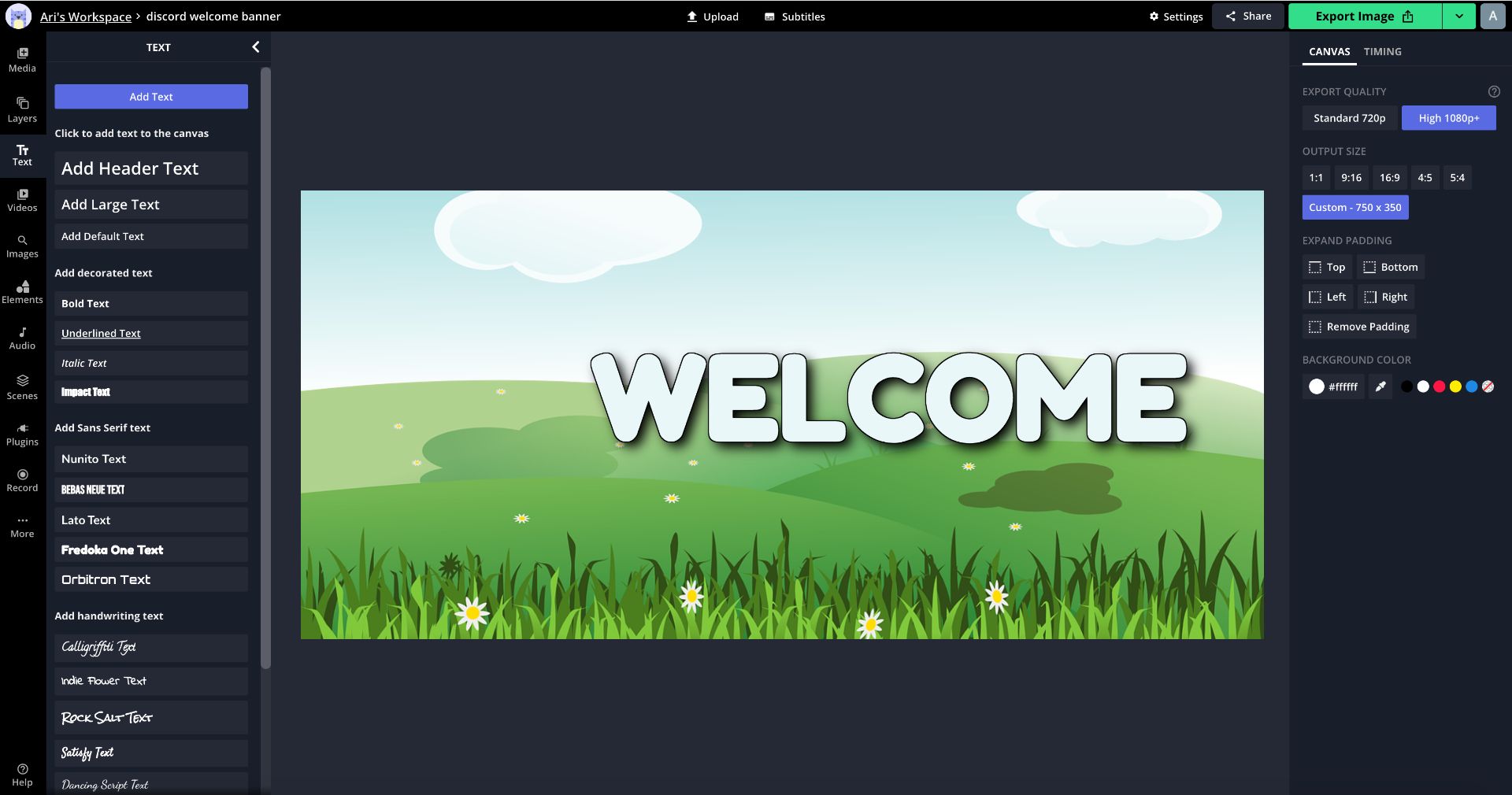

AI technologies are transforming how businesses operate, and two key players are AI bots and AI agents. These tools are everywhere, from customer service to complex decision-making processes. But what sets them apart? Knowing the difference is crucial as it helps businesses leverage these technologies to meet modern needs effectively.
AI bots are typically designed for specific tasks. They excel at repetitive duties like answering FAQs or assisting with basic troubleshooting. Think of them as the reliable helpers that keep operations running smoothly.
AI agents, on the other hand, are more dynamic. They're capable of learning and adapting to new information. This makes them invaluable for tasks that require a bit of reasoning and decision-making, such as personalized recommendations or strategic planning.
AI Bots: Handle repetitive tasks, offer customer support, perform basic troubleshooting.
AI Agents: Adapt and learn, provide personalized recommendations, assist in strategic planning.
Understanding these distinctions helps in selecting the right tool for the job. It ensures that businesses can harness the power of AI to their advantage, optimizing processes and enhancing productivity.
AI bots are specialized computer programs that excel in handling specific tasks. They're designed to manage repetitive duties efficiently, making them a staple in various business operations. These bots are invaluable for tasks that don't require much variation or complex decision-making.
Their primary function revolves around automating routine processes. AI bots can skillfully manage customer inquiries, especially those that follow a predictable pattern. They work by using predefined scripts and logic to provide consistent and prompt responses. This makes them a perfect fit for roles like customer support, where they address frequently asked questions and guide users through basic troubleshooting steps.
Operational efficiency is a major strength of AI bots. They can handle multiple queries simultaneously, ensuring a smooth workflow and freeing up human resources for more complex tasks. However, their adaptability is limited as they rely heavily on pre-programmed instructions and lack the ability to learn or adapt to new information.
AI bots keep operations ticking over smoothly, ensuring businesses can focus resources where they're most needed.
AI agents serve as smart digital assistants, processing information and learning from their surroundings. Through machine learning, these agents adapt and evolve to handle complex, changing situations.
AI agents complete tasks with minimal human oversight. They collect data, analyze it, and act based on defined objectives while building knowledge from each interaction. This continuous learning helps them perform tasks more effectively.
AI agents make swift decisions and adjust to new situations. They handle complex customer service questions, optimize supply chains, and provide medical guidance. Their independent operation makes them essential for tasks that need immediate, precise responses.
AI agents enhance business operations. They collaborate with humans to achieve results.
AI bots and AI agents serve different roles in technology. AI bots focus on carrying out specific, repetitive tasks. They're built with predefined scripts and logic. This makes them perfect for tasks like handling customer inquiries or processing standard orders. Bots don't learn or adapt beyond their programming. They follow a set path to complete their duties.
AI agents are more advanced. They can learn from their interactions and evolve over time. This lets them handle tasks that require reasoning and adaptability. AI agents perform complex tasks like making personalized recommendations or optimizing supply chains. They operate with greater autonomy, learning from data to improve their performance. For those interested in the legal and operational framework surrounding AI agent creation, the Terms of Service for Mee.fun offer detailed insights into user responsibilities and the inherent risks involved.
Here's a quick comparison:
AI Bots:
AI Agents:
Understanding these differences helps in selecting the right tool for specific business needs. AI bots are ideal for straightforward tasks, while AI agents excel in scenarios requiring analysis and decision-making.

AI bots and AI agents each have their sweet spots in business operations. AI bots are champions at handling tasks that are repetitive and predictable. Businesses can count on them for managing customer service inquiries, processing orders, scheduling appointments, and handling data entry. They thrive in environments where tasks follow a set pattern and need quick, automated responses.
AI agents shine in more complex scenarios. They are perfect for situations that demand analysis, adaptability, and decision-making. Think of them in roles like customer service for complex queries, logistics for optimizing supply chains, or even healthcare for diagnostics. Their ability to learn from interactions and operate with minimal human guidance makes them versatile and valuable.
Despite their strengths, both AI bots and agents face hurdles. Emotional intelligence and contextual understanding are key challenges. AI struggles to grasp emotions and nuances in communication, which can hinder interactions that require empathy or deep understanding.
These challenges highlight the importance of balancing AI capabilities with human oversight to ensure effective and empathetic interactions. For a deeper understanding of how AI integrates with platforms that focus on creativity and user engagement, explore the opportunities on Mee.fun's Discover Create page, which emphasizes exploration and creativity.
Understanding AI technologies is crucial for businesses looking to enhance their operations. AI bots and AI agents each offer distinct advantages, catering to different needs. AI bots are excellent for handling repetitive, rule-based tasks. They're like the reliable team members who tackle routine inquiries and standard processes. AI agents, however, bring a dynamic edge. They learn and adapt, making them ideal for scenarios that demand flexibility, such as personalized customer interactions or strategic decision-making.
When choosing between AI bots and agents, consider what aligns with your business goals. Do you need efficiency in handling repetitive tasks, or is adaptability more crucial for your operations? Understanding your needs is key.
Here's how to decide:
Aligning AI tools with specific operational needs can optimize efficiency and effectiveness. Choosing the right tool means understanding both your business requirements and the capabilities of AI technologies. This strategic match can lead to better productivity and innovation.





